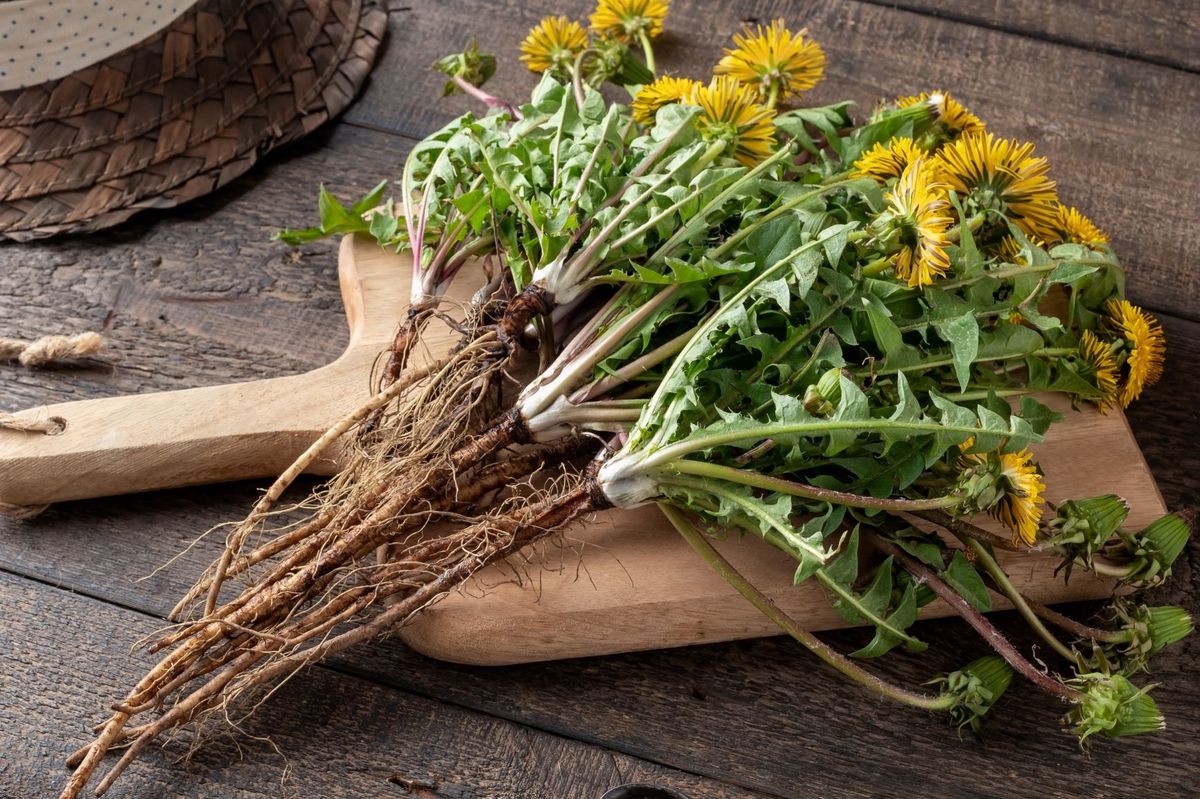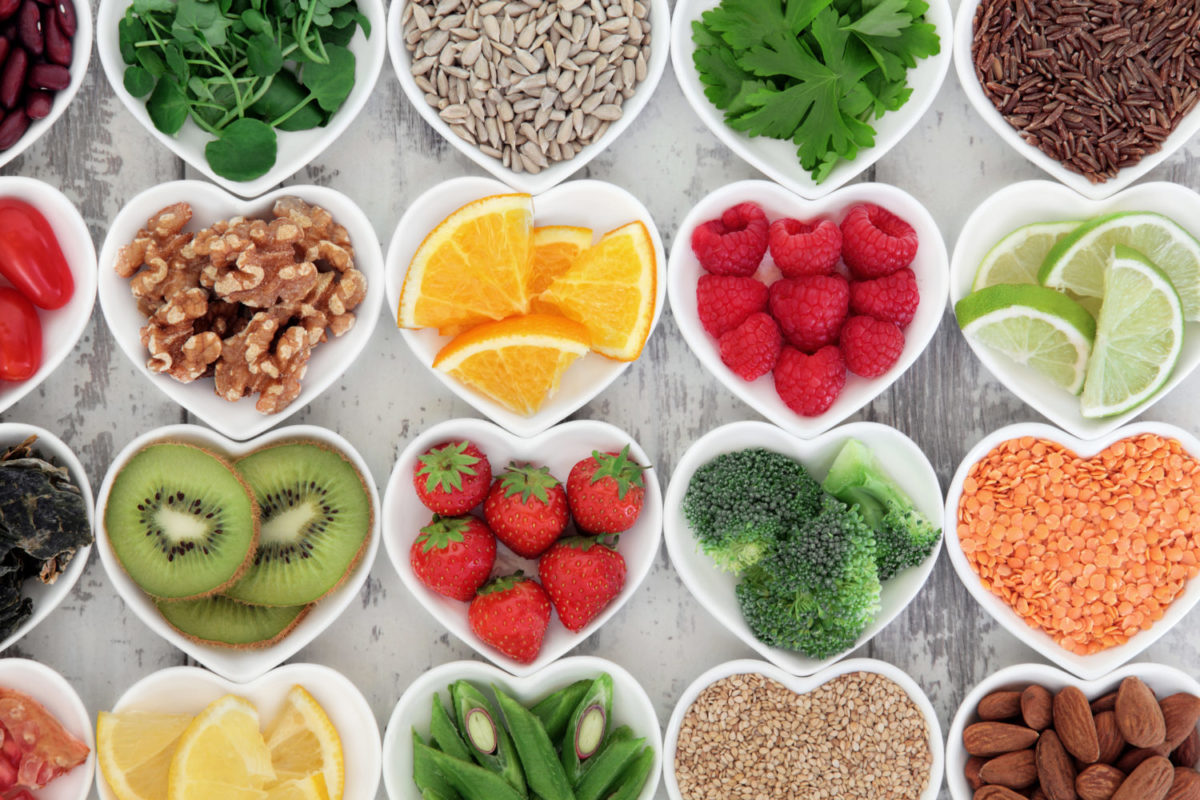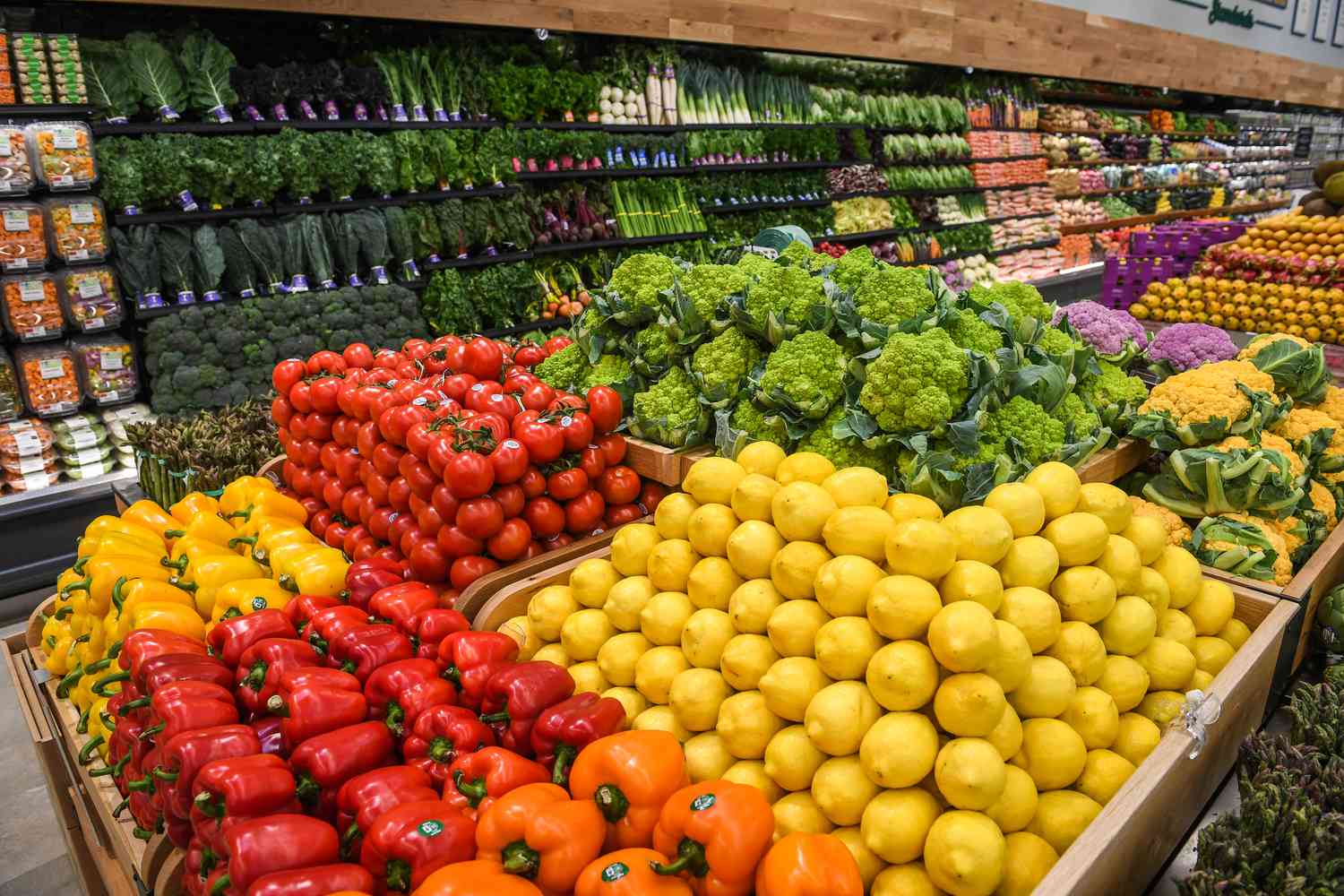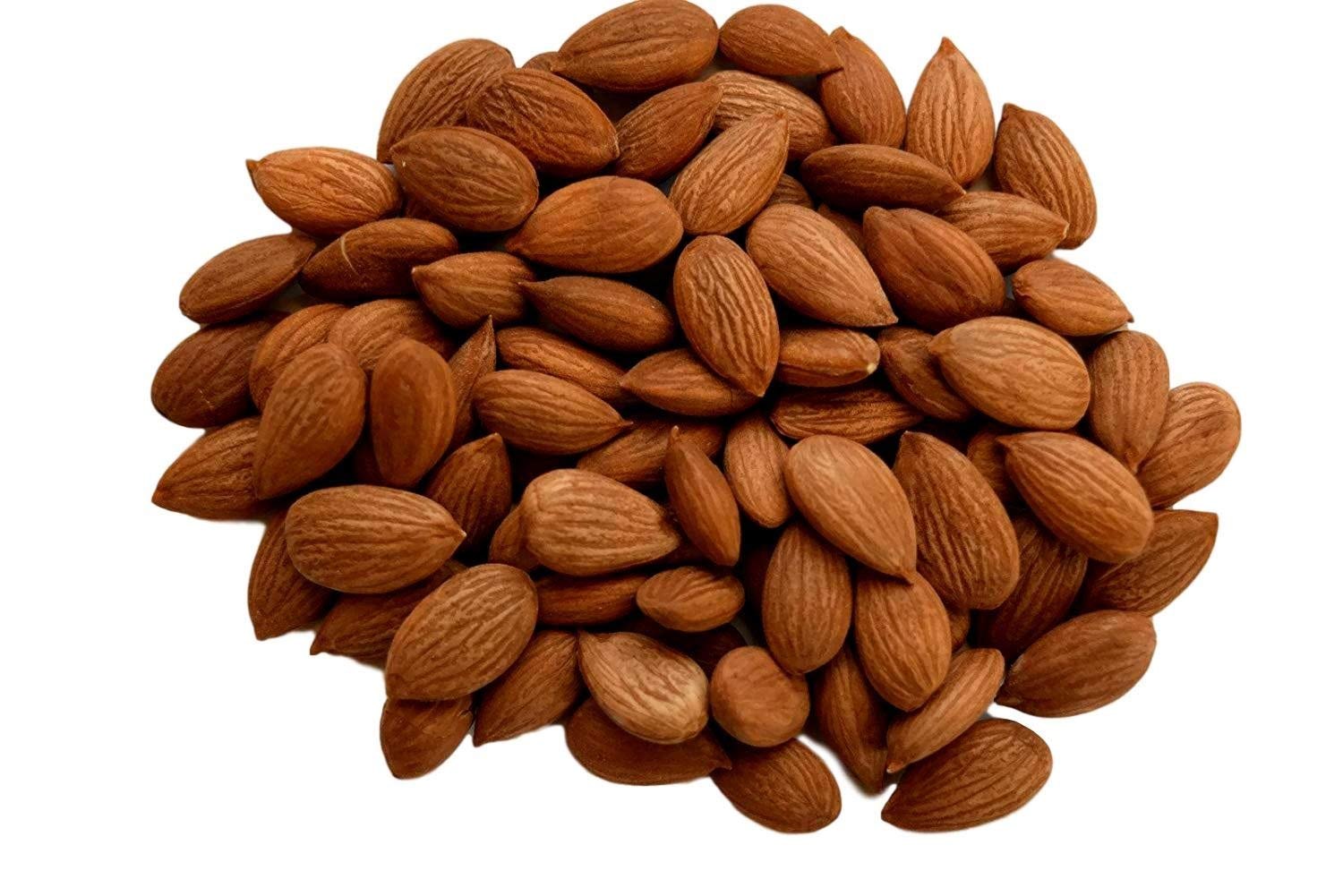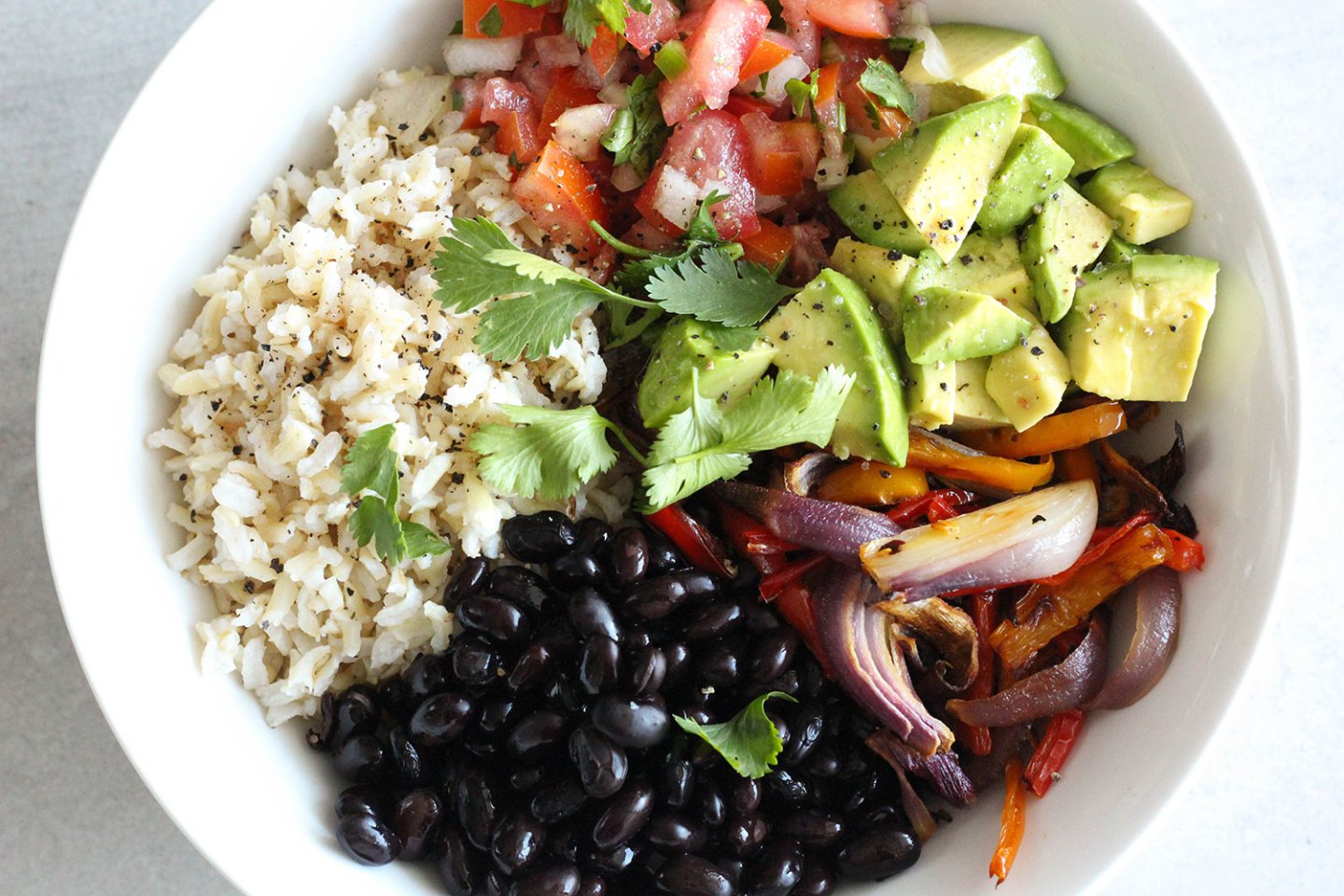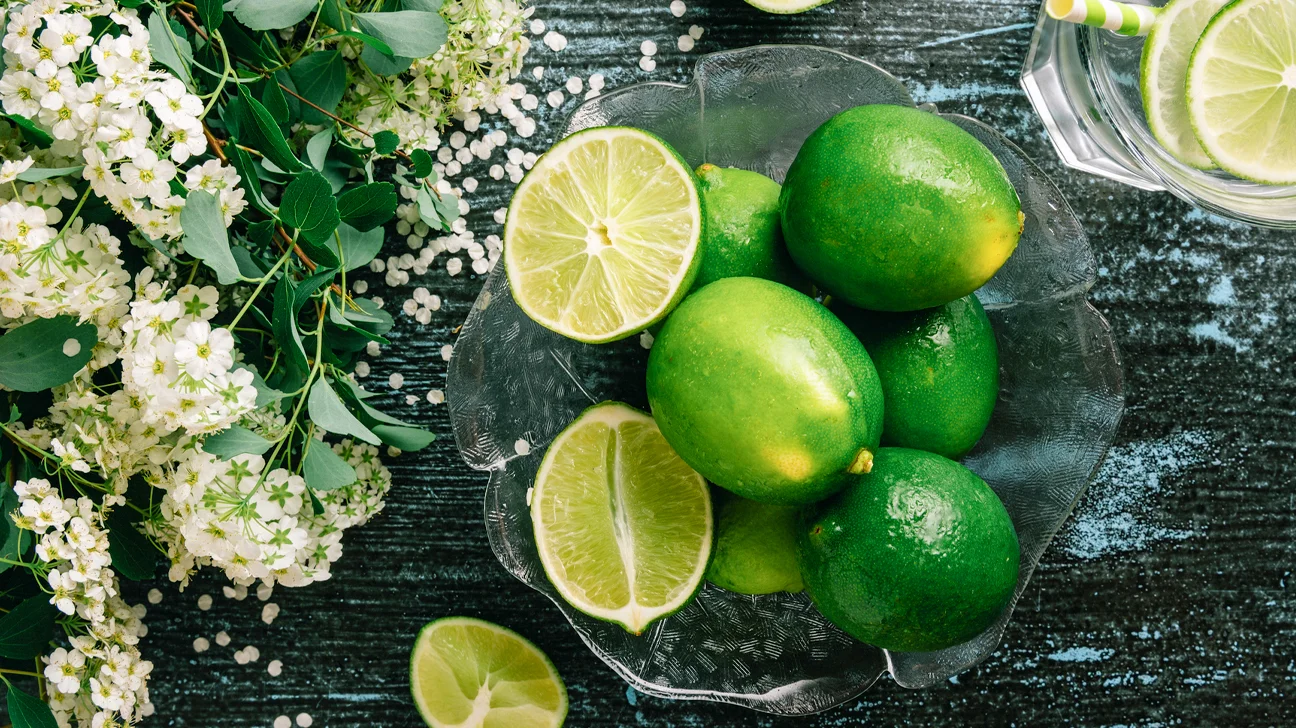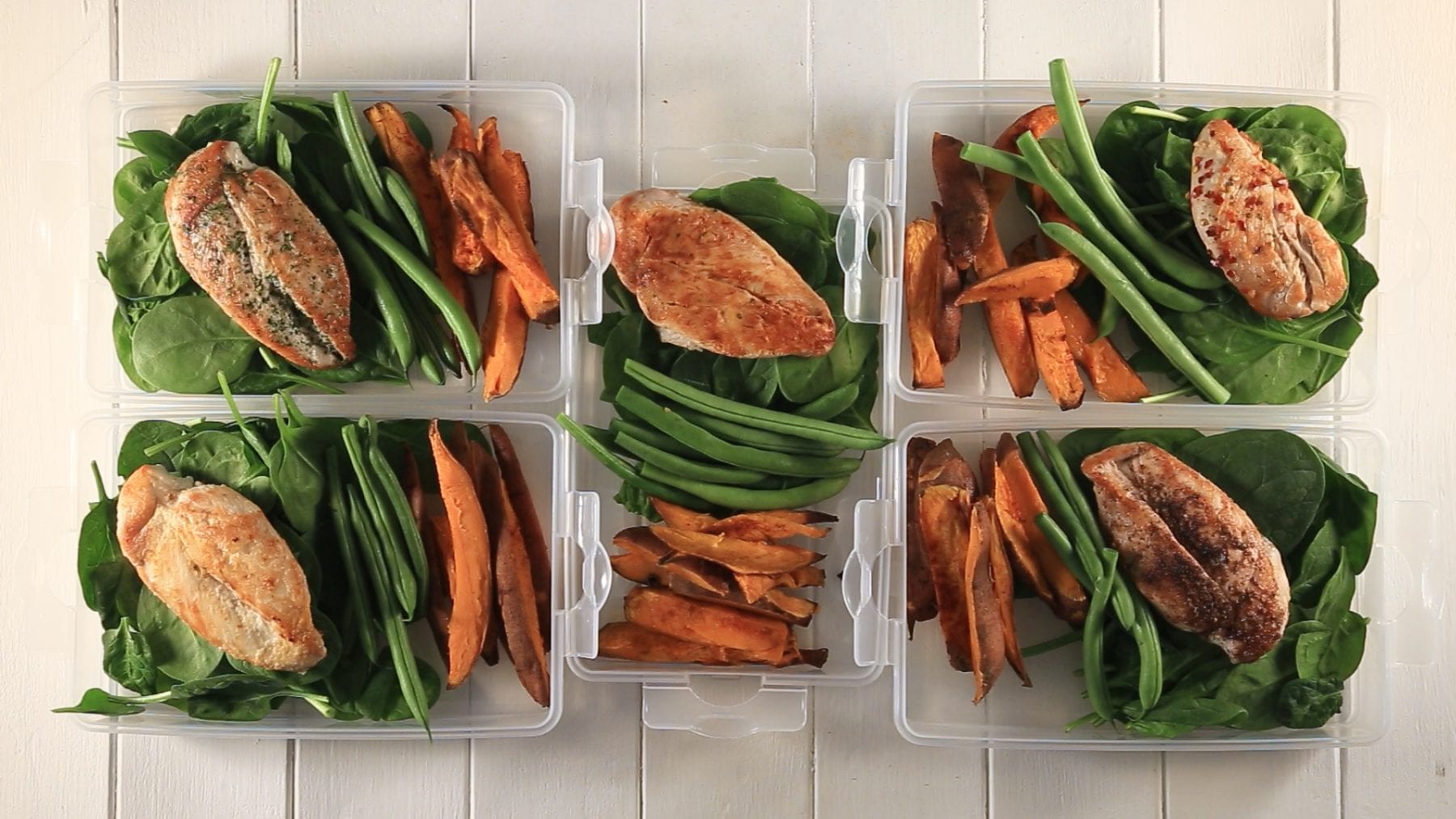Why Choose Organic Fruits?
Organic fruits are not only delicious but also packed with essential nutrients and free from harmful pesticides and chemicals. By choosing organic fruits, you are not only taking care of your health but also supporting sustainable and eco-friendly farming practices.
How to Identify Organic Fruits
When shopping for organic fruits, look for the USDA Organic label. This label ensures that the fruits have been grown and processed according to strict guidelines, without the use of synthetic pesticides, fertilizers, or genetically modified organisms (GMOs).
Ways to Enjoy Organic Fruits
There are numerous ways to incorporate organic fruits into your diet. Here are some delicious and healthy ideas:
- Fresh: Enjoy organic fruits as a refreshing snack on their own.
- Smoothies: Blend organic fruits with yogurt and a splash of juice for a nutritious smoothie.
- Salads: Add organic fruits to your salads for a burst of natural sweetness.
- Desserts: Use organic fruits to make delicious and guilt-free desserts like fruit salads or sorbets.
- Baking: Incorporate organic fruits into your baking for natural sweetness and added nutrients.
Benefits of Eating Organic Fruits
There are numerous benefits to including organic fruits in your diet:
- Nutrient-Rich: Organic fruits are packed with essential vitamins, minerals, and antioxidants that are beneficial for overall health.
- Better for the Environment: Organic farming practices promote soil and water conservation, reduce pollution, and support biodiversity.
- No Harmful Chemicals: By choosing organic fruits, you can avoid the potential health risks associated with consuming pesticides and synthetic chemicals.
- Supports Local Farmers: Purchasing organic fruits supports local farmers who are committed to sustainable and ethical farming practices.
Tips for Storing Organic Fruits
To ensure the longevity and freshness of organic fruits, follow these simple storage tips:
- Refrigerate: Most organic fruits should be stored in the refrigerator to maintain their freshness.
- Separate Ethylene Producers: Some organic fruits, such as apples and bananas, produce ethylene gas, which can cause other fruits to ripen quickly. Keep these fruits separate from others to prevent premature ripening.
- Wash Before Consumption: Before consuming organic fruits, wash them thoroughly under running water to remove any dirt or residue.
Conclusion
Eating organic fruits is not only a delicious and healthy choice but also a sustainable and environmentally friendly one. By incorporating organic fruits into your diet, you can enjoy the numerous health benefits while supporting ethical and eco-conscious farming practices.
More Delicious Ways to Enjoy Organic Fruits
After learning how to select and store organic fruits, it's time to put that knowledge to the test with mouth-watering recipes that highlight the fresh and natural flavors of your produce. For a refreshing start, try the Organic Blueberry Smoothie Bowl Recipe which uses fresh blueberries to kick off your morning with a nutritious boost. If you're in the mood for something sweet and comforting, the Organic Apple Cinnamon Oatmeal Recipe is a perfect choice, blending the classic flavors of apple and cinnamon. For those hosting dinner parties, the sophisticated Organic Fig and Honey Ricotta Toast Recipe offers a delightful blend of sweet and savory that is sure to impress your guests. Each recipe is designed to make the most of your organic fruits, ensuring that every bite is as healthy as it is delicious.
